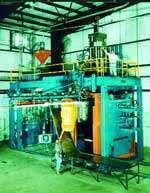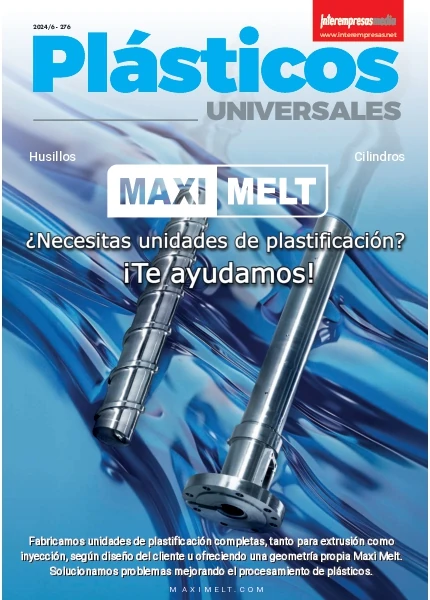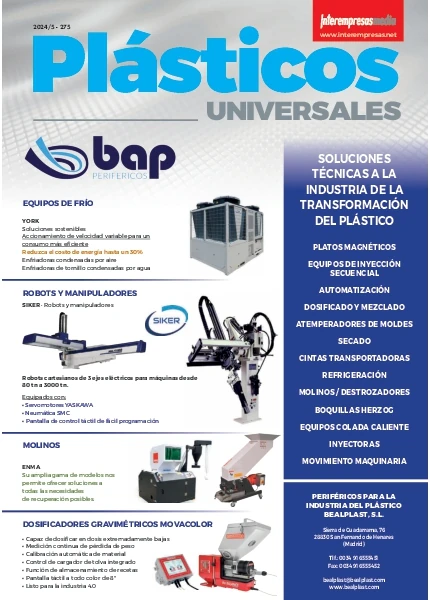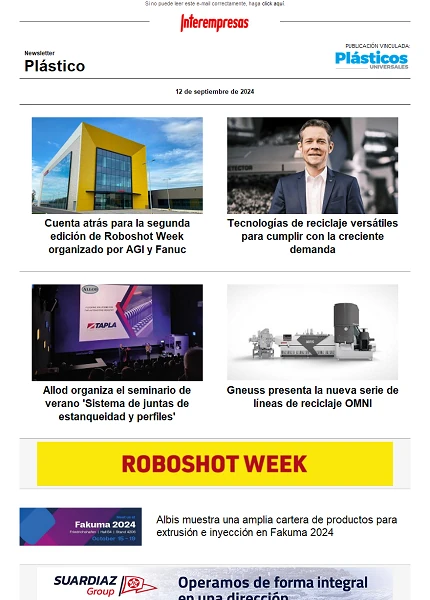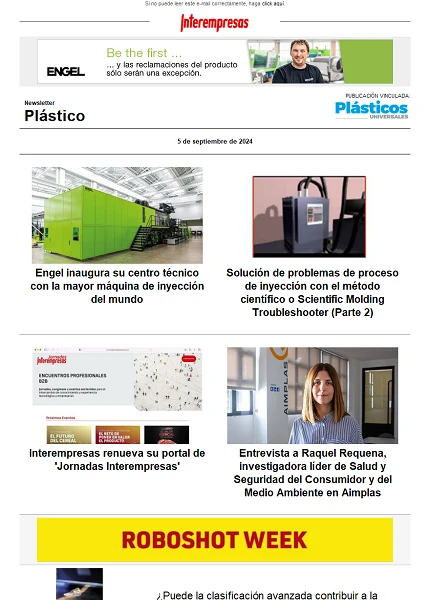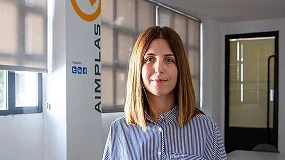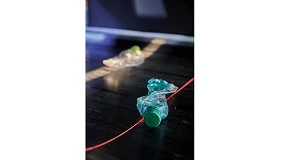A system to manufacture containers on a large scale
Spray and blowing to make hollow bodies
It's a process of production on a large scale, so normally, parts are undergoing trials for sealing, labeling and even filling, placement of closures, after its manufacture sealing and packing (is the case of a typical line of drinks or food). In the case of technical parts as those used in automotive (e.g., fuel tanks), processes that follow the blow may include welding.
In principle, this process is suitable for all kinds of thermoplastic, although in practice the most commonly used are thermoplastic amorphous as the polyvinyl chloride (PVC), polycarbonate (PC) or mixtures thereof with ABC. Also used thermoplastic semi-crystalline as polyethylene (PE), polyamide (PA) and polypropylene (PP).
The reason for the employment of these thermoplastics rather than others is found in the requirements that they must meet to make easier the moulding by extrusion-blown. First of all, the thermoplastic has to have an appropriate degree of viscosity. If this is too much under the parisón will fall too quickly from the nozzle of the head and the thickness of the wall will lose uniformity. If the mass is very viscous, the difficulty will be in the blowing.
This relationship between viscosity and inflabilidad is also one of the reasons that limit the use of loads in the castings. Burdens such as glass fiber, mica or TALC are used in technical parts to improve the qualities of the mass, but to increase its viscosity, can decrease its inflabilidad. This means that only a certain amount of loads must be used and the viscosity of the polymer must be chosen according to these.
The most commonly used materials are the polyolefins. Used in the molding of containers such as bottles, containers of high volume or drums, as well as technical parts such as fuel tanks or pipes.
The large packaging intended for drinking water (of 20 litres or more) uses polycarbonate, which is resistant to shock but Crystal-like material. For this reason, it is also used in the manufacture of boxes of candy.
Polyamides are also used to manufacture technical parts such as turbo-turbomotores compartments air ducts, since that is a highly heat-resistant material. Other materials that can be used with this technique of moulding is oxide polifenileno (PPO), the acrylonitrile butadiene styrene (ABS) or as the politeleftarato of butyl mixtures are used in applications such as bumpers.
On the other hand, the use of PVC as material blown in packaging has been reduced from other materials and, in this particular field, only continues to be used in a few countries. It is not the case of the construction, where this material because of its high stability continues to be used. Processing PVC by moulding by extrusion-blown is complex because improper handling can release hydrochloric acid.
